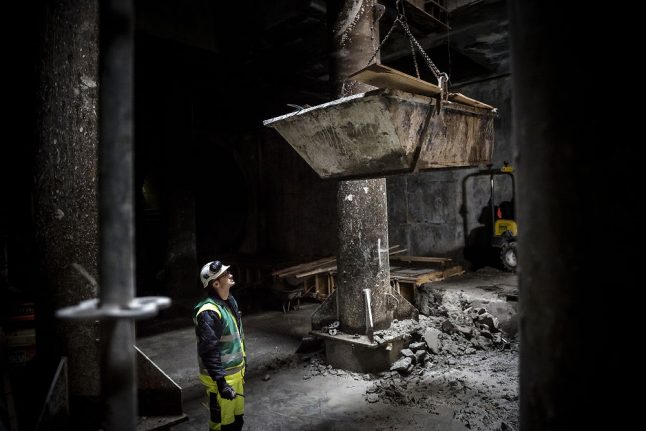Work on the new Metro station revealed traces of a hitherto unknown interglacial period in Denmark, science media Videnskab.dk writes based on research published in the journal Boreas.
Analysis of amino acids enabled researchers to demonstrate the existence of a period around 200,000 years ago which punctuated two ice ages, otherwise known as an interglacial.
An interglacial is a warmer period such as the one we are currently living in, which falls between two ice ages.
The Copenhagen Metro find is remarkable due to its location, according to Ole Bennike, a geologist with the Geological Survey of Denmark and Greenland (GEUS).
“This is certainly a surprise, because lots of drillings have been done in Copenhagen. It’s very unlikely to come across these types of interglacial deposits,” Bennike told Ritzau.
Global climate has varied between ice ages and interglacials for millions of years. The current interglacial began around 11,700 years ago.
Researchers have previously found evidence of four interglacial periods in Denmark, with the new find representing the fifth.
Further discoveries in future are likely, according to Bennike.
“Our ability to date [sediment] layers is becoming better and better. New methods are being developed with which to date these layers,” he said.
READ ALSO: Crater bigger than Paris is discovered under Greenland ice



 Please whitelist us to continue reading.
Please whitelist us to continue reading.